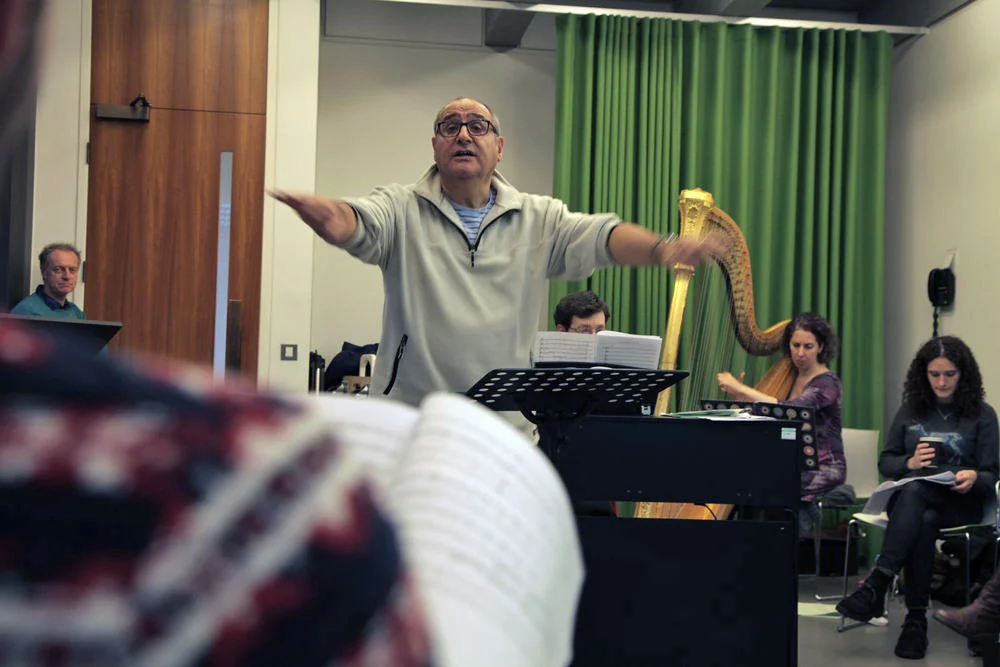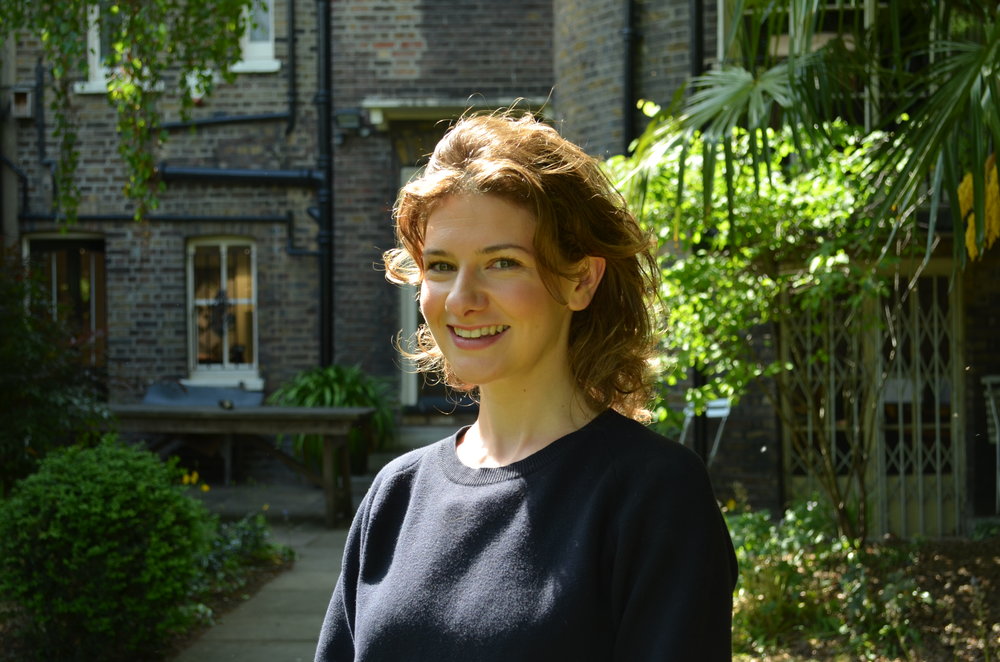Giving voice to a woman of worth that rings ever true in the present day
Dina is the only daughter of the patriarch Jacob, silent and passive apart from one action, which has terrible unforeseen consequences. "She went out to meet the women of the land" where Jacob has settled his family and has a sexual encounter with Shechem the local Hivite prince. It is interpreted as rape in Genesis and, crucially, by her brothers, even though Shechem declares love and offers marriage. They exact a horrific revenge that ends in the massacre of all the Hivite men.
Diane Samuels © Elise Dumontet
Playwright Diane Samuels and composer Maurice Chernick have taken this brutal tale and constructed a work of great power that gives Dina a voice. Samuels begins with the Hebrew word ‘shema’ (‘hear’ – particularly appropriate for an opera) that opens Judaism’s central prayer, wringing every shade of meaning and allusion from the utterance. It is a joy to listen to Chernick’s gorgeous musical tapestry – sung by a glorious line-up of soloists and the superb Myriad Choir, and played by a 20-strong orchestra led by Rivka Gottlieb’s harp, as well as a rich mix of a dozen strings.
Inspired by that short statement, "she went out", Samuels contrasts Dina’s brief agency with the idea of the hidden girl, confined for her own safety by her father and brothers. In a key scene she's hidden in a trunk from the possible attentions of her Uncle Esau. Dina breaks out and breaks her silence in biblical beauty and simplicity. Samuels effortlessly includes key phrases of Biblical Hebrew, weaving in their translation. “Vayachalom / And I dreamed,” Jacob and the chorus echo each other as child Dina asks to hear again her father’s story of his dream of angels on a ladder to heaven. Samuels coins anew the sensuality of the Song of Songs: “You are the milk, the honey / As the fig tree / As the pomegranate, cactus, orange blossom / As the jasmine / Fruit of this land.” An ironic contextualising of famous verses from proverbs praising the virtues of 'Eshet Chayil', a woman of worth, introduces the only women in Dina’s life – her mother Leah and aunt Rachel. Chernick sets all this to music that demands to be heard.
Katrina Damigos
That the performance is currently semi-staged adds to the experience, allowing imagination to build on simple stage pictures. In the huge title role, Katrina Damigos is an arresting figure, vulnerable in her white-clad, barefoot simplicity. Her versatile, powerful voice is a constant delight. Matthew Pochin’s ecstatic Shechem engages sympathy. Geoff Williams’ muscular angel is a sort of celestial heavy: “Give your daughter to your brother,” he demands of Yoav Oved’s sensual, brooding Jacob, providing the protective father something to wrestle over. The short musical phrases with which Jacob expresses his anger at the rape are insistent and dangerous, with shades of the gang aggression in West Side Story. Kate Fun’s Leah, Avi Green’s Rachel and Jo Merry as Shechem’s mother, together with the powerful female chorus, give women the voice for which Dina appeals. In Song of Dina, Samuels and Chernick have crafted a powerful, troubling Midrash (Biblical commentary and interpretation) for our times.
By Judi Herman
Song of Dina runs Sunday 2 June. 8pm. £15-£30, £10 concs. New North London Synagogue, N3 2SY. www.songofdina.com
Read our interview with Diane Samuels and Maurice Chernick (originally published in the Apr 2019 issue of JR).




